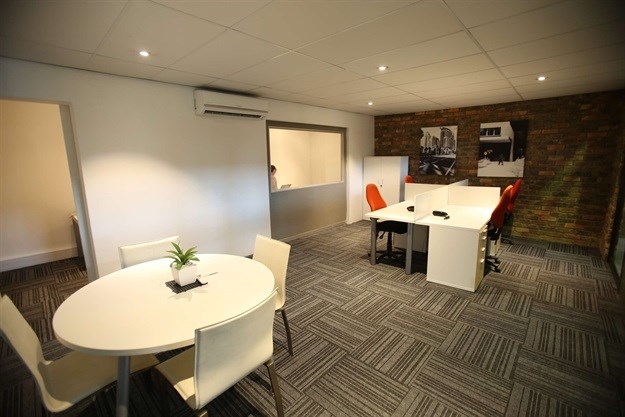
Whether you buy or rent, “Doing your homework is imperative to making the right decision when choosing office space”, says Ndibu Motuang, head of commercial property at Lightstone.
“First, decide on your budget, and the area in which you would like to have your premises,” says Wayne Windell, managing director of Cube Workspace. “Having a very clear idea of your prerequisites will help to narrow your search and lessen the time spent hunting.”
Next, consider what’s important to your business’s needs, says Motuang. “Adequate functional amenities such as parking facilities, access to transport and conferencing facilities are some of the aspects to factor into your decision.”
Free parking in the area can be vital, especially when your office space is in a built-up area and parking is at a premium. “Don’t find yourself paying R20,000 rental for your office space and R11,000 for parking, as there is no other option in your area,” warns Ryan Joffe, CEO of Ryan Joffe Properties.
“Find out if there any add-ons that as a conventional lessee you couldn’t normally afford, for instance, an onsite IT specialist or conference facilities with high-tech facilities,” advises Windell.
Then there are all the costs of occupation to consider, such as municipal rates and other running costs. Areas with increasing values usually mean more municipal rates. “Take Sandton, Bryanston and Rosebank, for example,” says Motuang. “Their valuation over the past five years has skyrocketed, as newer and better buildings are erected.” As a tenant, you would have to make a decision whether you can afford to be there or move to a lesser quality node, as the lease will reflect these additional costs by you paying a much higher price per m2.
Also be aware of hidden costs. “Make sure that any changes prior to moving in, maintenance, operating costs and common-area costs are put into the lease,” warns Windell, “as these can run into the thousands.”
Leasing provides much more flexibility than a mortgage. As your company grows you may need to acquire more space, and with a mortgage it can be a much more complicated process to move, as this would involve having to sell or let out the premises.
When signing a lease, carefully read the fine print, Joffe advises. Ask for the inclusion of clauses that can benefit you, such as one that restricts the landlord from leasing to another business that is similar to yours. And check the termination clause closely, as you may need to terminate your lease due to loss of sales, bankruptcy or changes in the structure of the business. With a break clause in place, you will not be held liable to pay out the lease till its expiration date.
Knowing the current rental market in South Africa is important - in the past few years there has been a significant increase in good office space to lease, and rentals have not increased significantly due to this fact. If your rental has been escalating at 10% annually, it means that when you signed a lease at R150 per m2 in 2011, the monthly rental for a 200m² office space would be R30,000 per month. With a 10% annual escalation it means by the end of a five-year lease, the rental costs would be R242 per m2 or R48,315 per month. That is a 61% increase from when the initial lease was signed. If you had negotiated a 6% increase per annum, you would have saved a substantial amount.